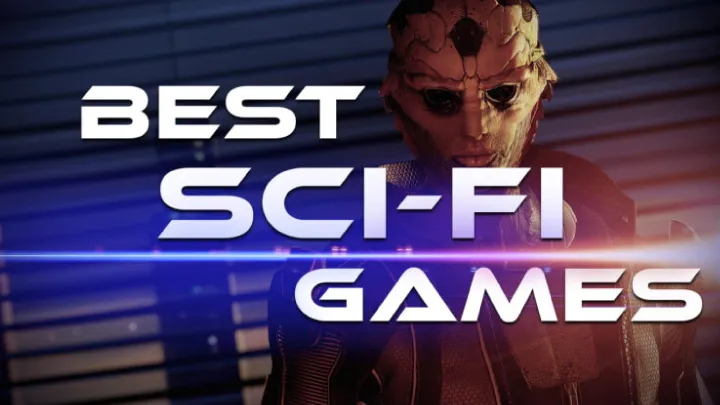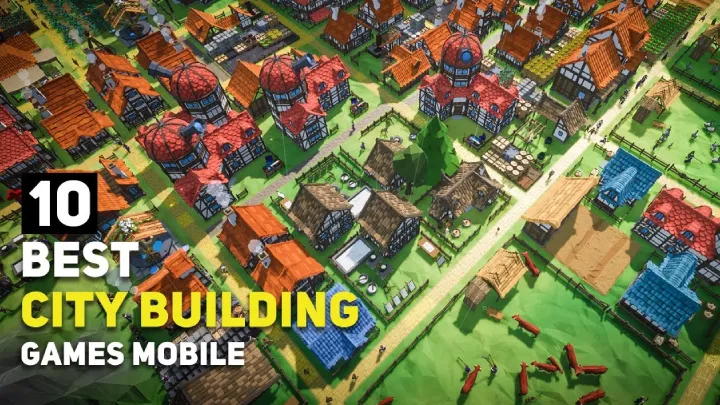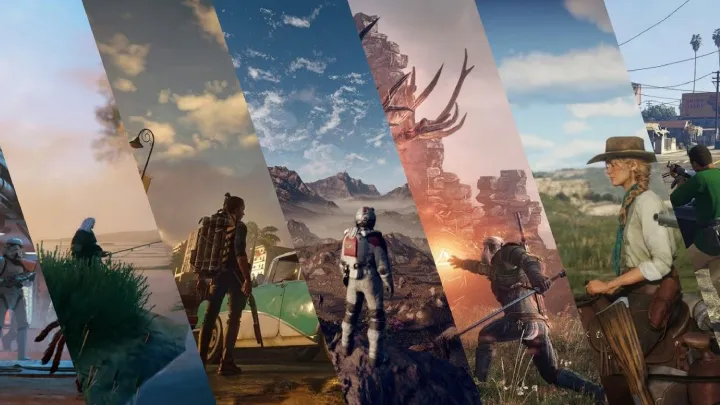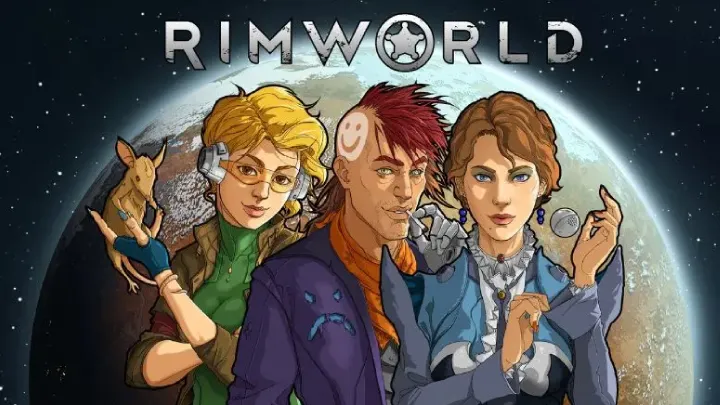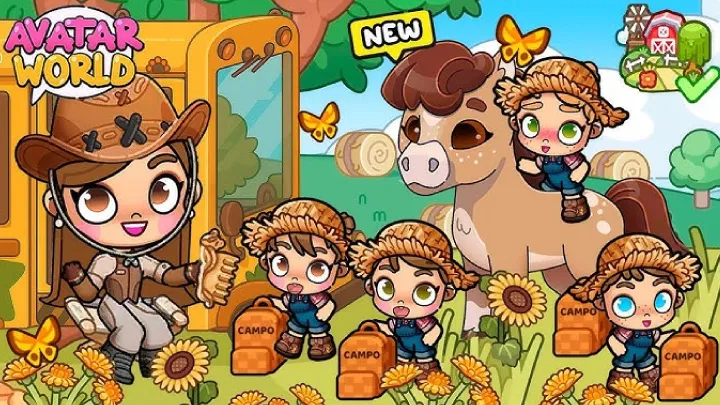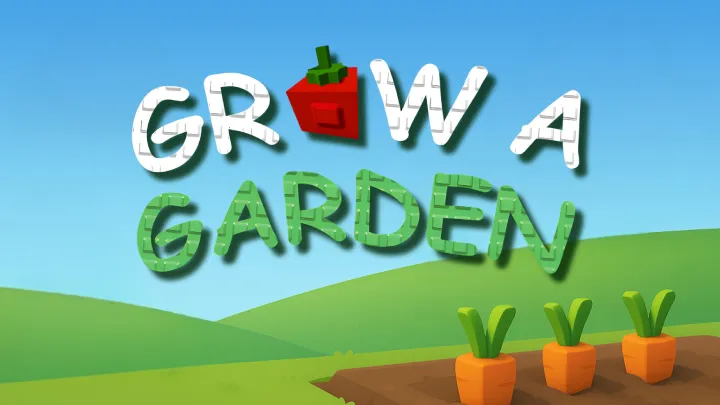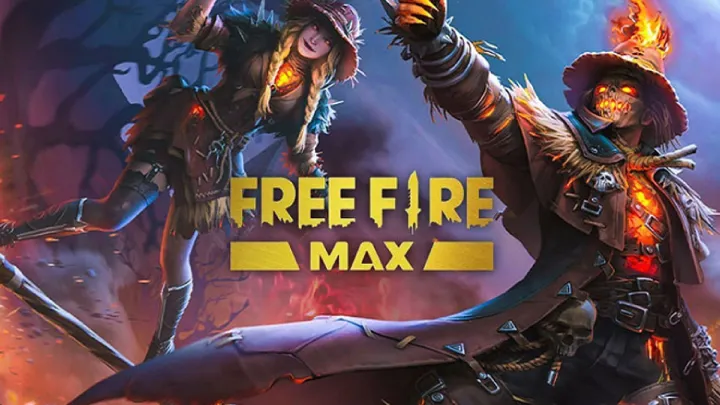The digital learning revolution continues to expand in 2025, and children are among the biggest beneficiaries of this transformation. With advancements in artificial intelligence, gamification, and interactive media, educational apps have become powerful tools for both teachers and parents. Instead of relying solely on textbooks, kids can now learn math, science, reading, and even coding through engaging, playful, and adaptive digital platforms.
This article introduces the Top 10 Education Apps for Kids in 2025, highlighting how they make learning both fun and interactive while supporting the development of essential skills for the next generation.
1. Khan Academy Kids – Free, Fun, and Full of Knowledge
Khan Academy Kids continues to be a global favorite for young learners in 2025. Offering thousands of lessons across reading, math, and problem-solving, the app has expanded with AI-powered recommendations that adapt lessons to each child’s learning pace.
The bright characters and interactive activities create a welcoming environment where children feel motivated to explore knowledge. Parents also benefit from detailed progress reports that track a child’s development over time.
Key Features
- Free and ad-free content library
- AI-driven personalized lessons
- Activities spanning early literacy, math, and creativity
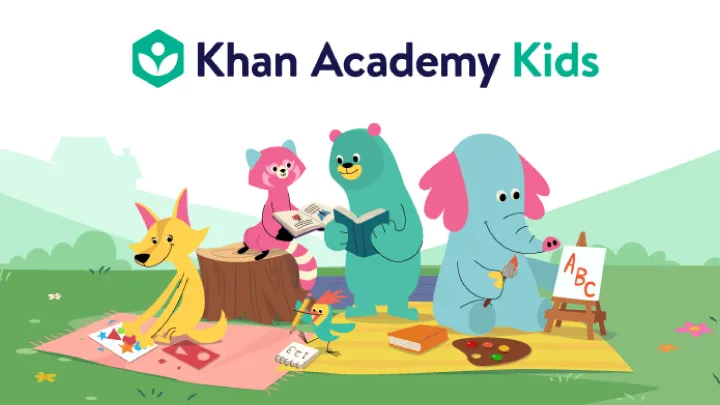
2. Duolingo ABC – Language Learning Made Simple
Duolingo is already famous for language learning, and in 2025, Duolingo ABC continues to shine as a literacy-focused app for kids. The app introduces letters, phonics, and early reading skills through playful mini-games.
The interface is designed with young learners in mind, ensuring that lessons are short, fun, and rewarding. By gamifying literacy, children stay engaged while steadily improving their vocabulary and comprehension.
Why Parents Love Duolingo ABC
- Bite-sized, game-like lessons
- Progress tracking for parents
- Free to use with no hidden costs
3. ABCmouse – A Comprehensive Learning Journey
ABCmouse has long been recognized as one of the most comprehensive early learning platforms. By 2025, it has expanded its curriculum to include interactive STEM activities, art projects, and music lessons.
Kids progress through a carefully designed learning path with hundreds of levels, earning rewards and certificates as they complete activities. Parents appreciate the structured nature of ABCmouse, which provides an academic foundation in a fun format.
Highlights
- Full academic curriculum (reading, math, science, art, music)
- Reward-based motivation system
- Tailored for children aged 2–8
4. Prodigy Math – Gamified Learning for Young Mathematicians
Prodigy Math has redefined how kids approach mathematics by transforming it into an adventure game. In 2025, the app integrates augmented reality elements, letting children solve problems in immersive game environments.
This app is particularly effective for kids who struggle with traditional math exercises. By embedding equations and problem-solving tasks into exciting quests, Prodigy turns math anxiety into math excitement.
Strengths
- RPG-style adventure gameplay
- Adaptive math challenges aligned with school curricula
- Safe multiplayer interaction
5. Epic! – The World’s Leading Digital Library for Kids
Epic! remains the ultimate reading app for kids in 2025, offering a digital library of over 50,000 children’s books, audiobooks, and educational videos. Its AI-powered reading assistant now helps kids with difficult words and improves pronunciation.
The app encourages a love of reading by letting children explore stories based on their interests. Parents and teachers can assign reading lists, while kids earn badges for completing books.
Key Benefits
- Massive, diverse collection of children’s literature
- Personalized reading recommendations
- Offline reading mode for travel
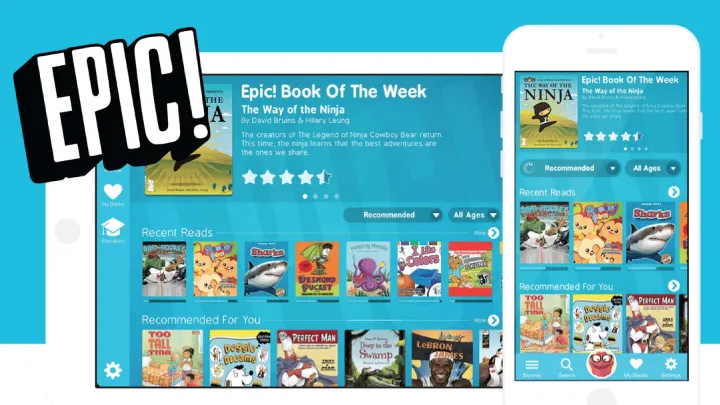
6. Tynker – Coding Made Kid-Friendly
As coding becomes a core skill, Tynker leads the way in teaching children programming through games, puzzles, and projects. By 2025, Tynker supports both block-based coding for beginners and real programming languages like Python and JavaScript for advanced learners.
Kids can build their own apps, create animations, and even explore AI and robotics concepts. This early exposure not only makes learning fun but also prepares them for future tech careers.
Why Choose Tynker
- Beginner-friendly block coding
- Transition to real-world programming languages
- Creative projects and competitions
7. Osmo – Hands-On Interactive Learning
Osmo blends physical play with digital interactivity. Using a tablet and specially designed physical pieces, kids can solve puzzles, practice math, and create art that comes to life on screen.
In 2025, Osmo has expanded its product line to include collaborative multiplayer modes, allowing kids to learn and play together. The tactile element makes Osmo especially engaging for kinesthetic learners.
Highlights
- Combines physical play with digital learning
- Wide range of subjects: math, spelling, creativity
- Great for collaborative and family learning
8. BrainPOP Jr. – Animated Learning for Curious Minds
BrainPOP Jr. remains a household name for interactive educational videos. In 2025, its AI-powered tutor personalizes lessons for kids, while quizzes and games reinforce learning in subjects like science, social studies, and health.
The cartoon-style animations and friendly characters explain complex topics in an accessible way. Kids enjoy the storytelling approach, while educators value the curriculum alignment.
Strengths
- Engaging animated videos on diverse topics
- Built-in quizzes and games for reinforcement
- Teacher and parent dashboards
9. Montessori Crosswords – Learning Through Word Play
Montessori Crosswords introduces children to spelling, phonics, and vocabulary using the Montessori method. In 2025, it has integrated speech recognition to help kids with pronunciation and phonemic awareness.
The app’s interactive puzzles encourage children to experiment with sounds and letters, fostering early literacy in a fun, tactile way. Its approach makes it ideal for preschool and early elementary learners.
Key Features
- Montessori-based phonics system
- Word-building puzzles
- Speech recognition for interactive learning
10. Endless Alphabet – Where Words Come Alive
Endless Alphabet remains a top app for younger kids in 2025, using delightful animations to teach vocabulary. Each word comes to life with characters that demonstrate its meaning, making learning memorable and entertaining.
The app’s humor and creativity keep kids laughing while they learn. With its combination of phonics, vocabulary building, and storytelling, Endless Alphabet is perfect for preschoolers just starting their learning journey.
Why Kids Love Endless Alphabet
- Animated characters bring words to life
- Fun, silly interactions keep kids engaged
- Great foundation for early vocabulary
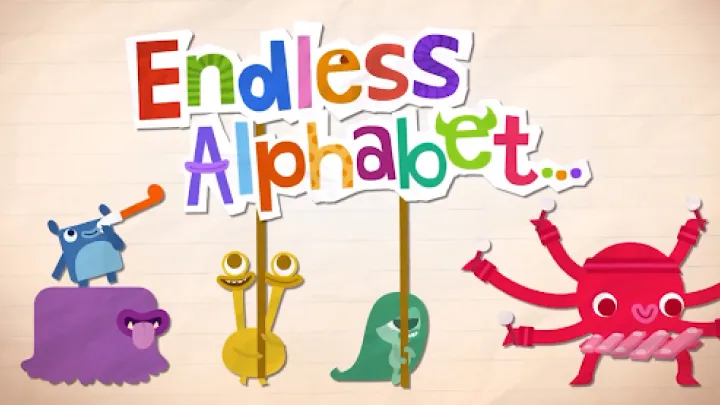
Conclusion
The top 10 education apps for kids in 2025 prove that learning doesn’t have to be boring or stressful. With AI, gamification, and interactivity leading the way, children can now enjoy learning while developing critical skills. From Khan Academy Kids’ all-in-one lessons to Prodigy Math’s gamified quests and Tynker’s coding playground, these apps show how education and play can go hand in hand.
Ultimately, the best app depends on each child’s learning style, but one thing is clear: technology in 2025 is transforming education into an adventure that’s fun, engaging, and future-ready.








